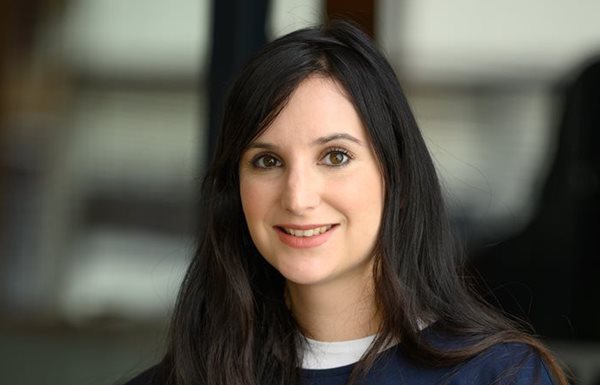The South African economy was already struggling before the arrival of Covid-19. Many well-established companies were at risk and were unsure of their future. For startups, even prior to Covid, it was not simple.

Kim Furman, marketing manager at Synthesis
The statistics have always been dramatically against them with reports that 90% of companies do not survive the first five years. Many SMEs were already struggling to obtain their much-needed funding. With cities across the globe on lockdown, travel restrictions and industries crippled, a global recession seems inevitable.
The obvious question is where this leaves business: both those born today and those already in established? It is indeed one of the times of the greatest adversity.
A time to reset
In a pre-pandemic time, Atlantic senior editor, Richard Florida wrote as if he was addressing our world today. He advised that instead of thinking of economic hardships as recessions, they should be thought of as catalysts for innovation or as a “reset”. He believed that the innovations that arise from difficulties create innovation that guide the landscape post-hardship. Perhaps this sounds too optimistic but history affirms his point.
During and after the Great Depression in 1873 numerous innovations erupted from urban transit to the light bulb. This was said to be the most technologically astute periods of the 20th century. After the 2008 crisis, there was a birth of some of the most innovative technologies and chances are you have used one of them in the past hour. These include Instagram, Uber and WhatsApp just to name a few.
Reinvention and innovation blossom during recessions. Recessions are hardships and the world has arguably never experienced a hardship like that of Covid-19. So, if Florida is correct, this is a time for a reset for not only innovation but reinvention.
This change of mindset alters how we approach everyday business decisions. It becomes more than about how to survive. We do not know yet exactly what we are surviving and for how long. The long-term repercussions of Covid-19 are not yet known.
With this mindset, it becomes about how do we reset? How do we innovate and re-imagine during this time? It is about being open to change.
For example, Bella Bathroom and Tiles, a South African company, developed an app that allows users to experience professional design advice from the comfort of their own homes. Synthesis has created Halo, which allows you to pay merchants by simply tapping on their phone rather than touching a POS device. A Chicago pizza company began using its ovens to make masks when it had to shut its doors to sit-down customers in March. These are just a few examples of resetting. Some were about reimaging, some reinventing and some, like Halo, disrupting.
This will be a time of what economist Joseph Schumpeter called creative disruption where the long-standing order is dismantled to make way for innovation. As our behaviour rapidly changes and we experience difficulty, a breeding ground for innovation will form and so will technologies to address our new needs.
Can your business reset in times of adversity?
To reset is a mind shift. To survive such chaos requires numerous elements. But one of which is hope and by this I do not mean a naïve view that everything will be alright. “Having hope,” writes Daniel Goleman in his study of emotional intelligence, “means that one will not give in to overwhelming anxiety, a defeatist attitude, or depression in the face of difficult challenges or setbacks.”
Hope is “more than the sunny view that everything will turn out all right,” it is “believing you have the will and the way to accomplish your goals.”
What entrepreneurs and business owners need to hear now is how to face adversity and more than survive but reset. Ultimately what South Africans do with every challenge is to adapt and reset. It is now time we shared our stories and draw on a collective responsibility to assist those around us.





























